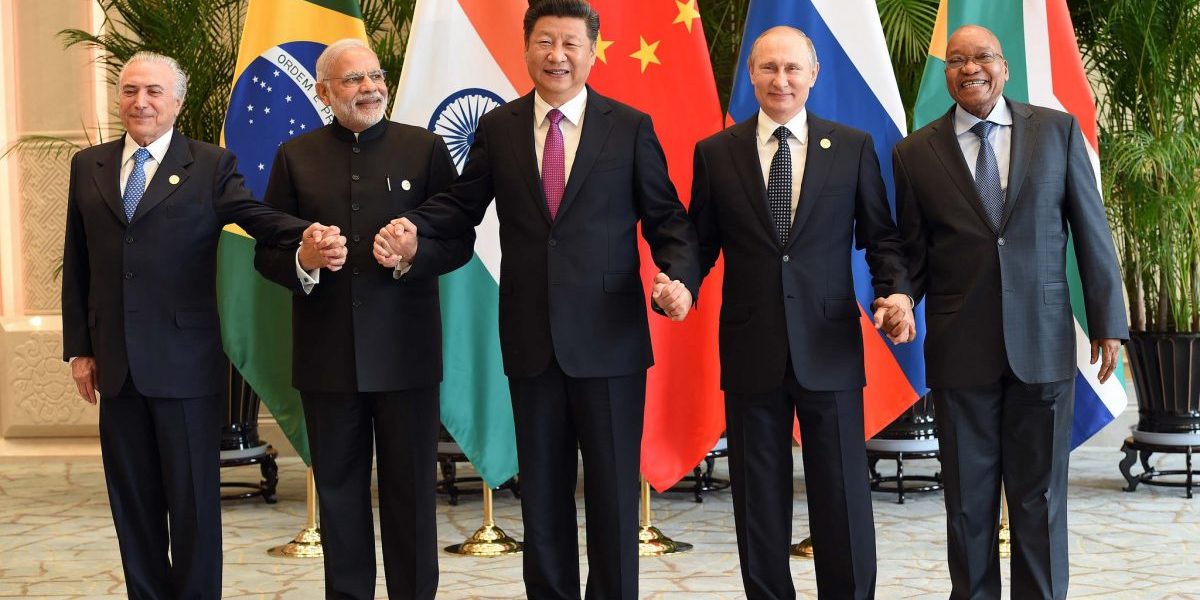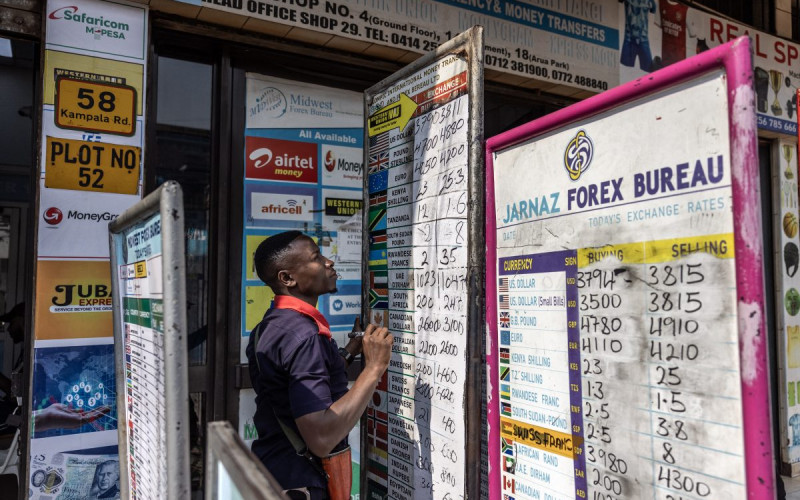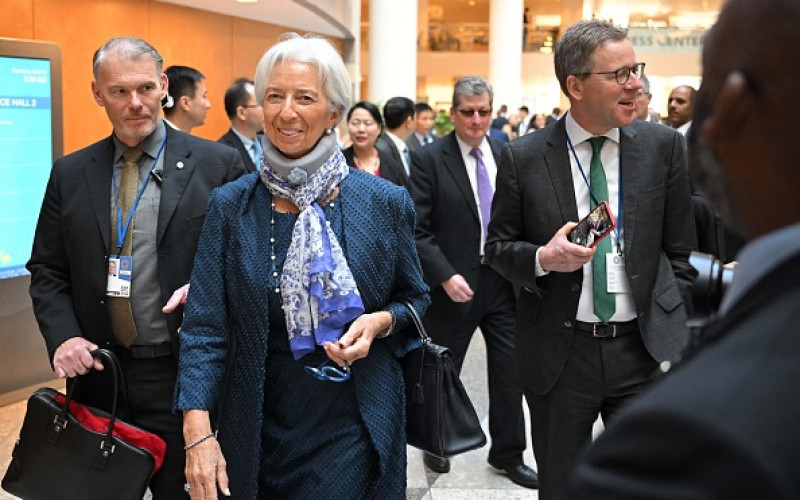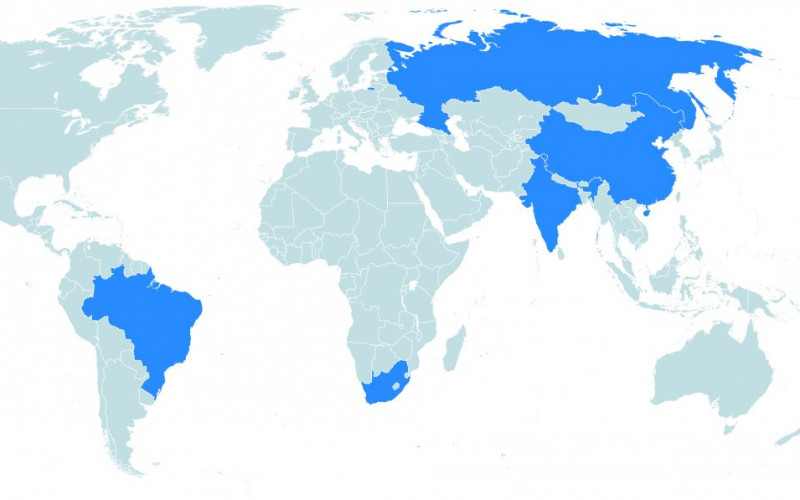The inclusion of Brazil, Turkey, South Africa and Saudi Arabia in the G-20 has assured that traditionally neglected regions of the world – such as South America, the Middle East, Africa and the Arab World – are now better represented in global forums. Faced with a growing presence of emerging powers, EU members are increasingly forging joint positions prior to G-20 Summits in order to increase their weight.
It remains to be seen whether emerging powers can do the same, and what the scope for co-operation between the BRICS in the context of the G-20 negotiations on global economic governance will be. Although the BRICS have not been able to control the G-20 agenda, they have significantly influenced it in the past years. This capacity can be expected to increase in future summits in Russia (2013), Australia (2014) and Turkey (2015). At the same time, the BRICS members’ individual interests continue to diverge on several issues, which keeps them from co-operating in a more institutionalised manner.
Future collaboration will therefore be issue-based. There are two areas in which the BRICS can concentrate and influence the G-20 agenda. The first area of broad consensus is the continued reform of today’s financial institutions such as the IMF. The second is a continued shift of focus of the G-20 towards developmental issues, thus responding to criticism that the G-20 communiqués to date have focused overwhelmingly on the problems and needs of the G-20 countries themselves.







